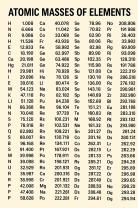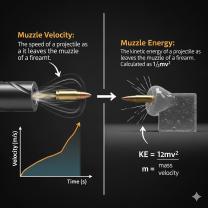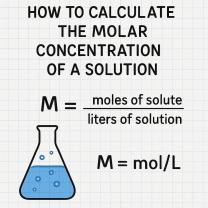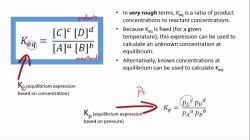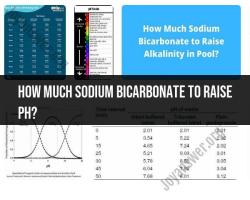How do you calculate the density of water?
The density of water can be calculated using the formula:
Density (ρ) = Mass (m) / Volume (V)
Where:
- Density (ρ) is measured in units such as grams per cubic centimeter (g/cm³) or kilograms per cubic meter (kg/m³).
- Mass (m) is the amount of water in grams (g) or kilograms (kg).
- Volume (V) is the space occupied by the water in cubic centimeters (cm³) or cubic meters (m³).
To calculate the density of water, you need to measure both its mass and volume. Here's how you can do it:
Measure Mass:
- Use a balance or scale to measure the mass of the water sample. Make sure the mass is measured in grams (g) or kilograms (kg).
Measure Volume:
- To measure the volume of water, you can use a graduated cylinder or a container with known volume.
- Pour the water into the graduated cylinder or container and take note of the volume reading. Make sure the volume is measured in cubic centimeters (cm³) or cubic meters (m³).
Calculate Density:
- Use the formula mentioned earlier: Density (ρ) = Mass (m) / Volume (V).
- Plug in the values you measured for mass and volume.
- Ensure that the units are consistent; for example, if you measured mass in grams and volume in cubic centimeters, the density will be in g/cm³.
Calculate Density in Different Units (Optional):
- If you want the density in different units, you can convert it. For example, you can convert g/cm³ to kg/m³ by multiplying by 1000, since there are 1000 cubic centimeters in a cubic meter.
Here's an example calculation:
- Mass (m) = 50 grams
- Volume (V) = 50 cm³
Density (ρ) = 50 g / 50 cm³ = 1 g/cm³
So, in this example, the density of water is 1 gram per cubic centimeter (g/cm³).


